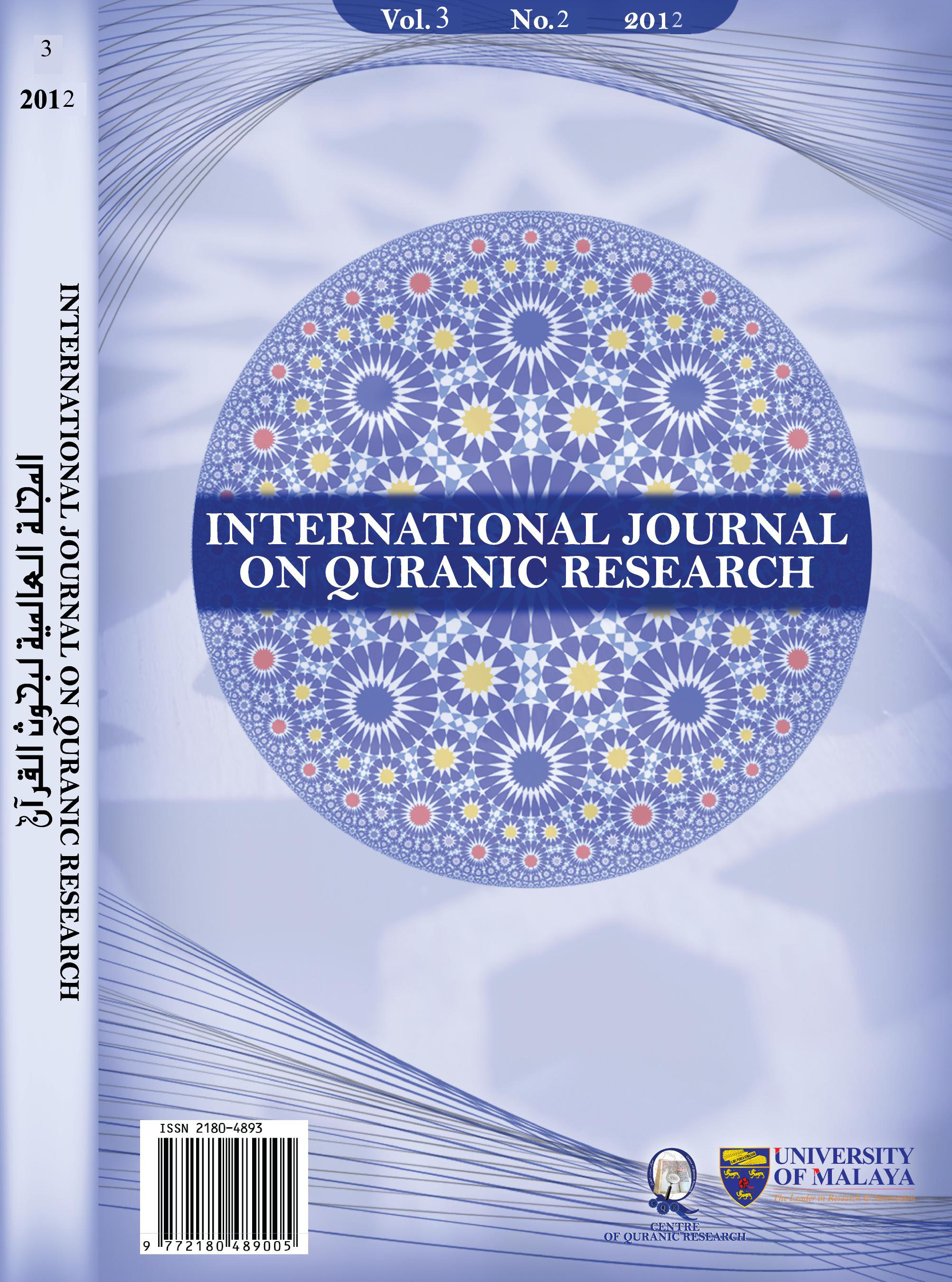Albanian Contemporary Qur'anic Exegesis: Sheikh Hafiz Ibrahim Dalliu's Commentary
Main Article Content
Abstract
The objective of this study is to explore and analyze the main intellectual and religious trends and tendencies in the writings of Albanian Ulema in their dealing with Qur’anic studies, in the modern time, in the Balkan Peninsula in Europe. In conducting this study, the researcher has utilized inductive, historical, critical and analytical methodologies. The Albanian lands in the Balkan Peninsula were governed and ruled by the Islamic Ottoman Empire for almost five centuries. Historically, to some extent and despite the conflicts and clashes, Albanians were able to show to the world a very good sample of peace, unity and harmony among themselves, as a multi religious and multi ethnic society. The attention and the engagement of the Albanian Ulema with the Qur’anic sciences have been tremendous since the spread of Islam, and have to be taken into consideration. Despite the tough and serious political, economic and religious challenges in the 19th and 20th centuries, they were not distracted from conducting their learning and teaching affaires. As a result of very close contacts and relations with different ideologies, cultures and civilizations within the Ottoman mixed ethnicity and in the middle-east, the researcher based on different sources, was able to identify and discover Sunni Maturidi dogmatic approach in dealing with Quranic Exegesis in the Commentary of Sheikh Hafiz Ibrahim Dalliu-a case study. The results and conclusions of this study are to be taken into consideration also, especially when we know that the current and modern historical sources of Albania are deviated almost completely and not to be trusted at all, because they failed to show to the Albanian people a real picture of Islam. They also failed to understand the great role and positive impact of Islam on their lives which was manifested by the Islamic Ottoman Empire.
Downloads
Article Details
Disclaimer
QURANICA makes every effort to ensure the accuracy of all its contents. However, opinions, discussions, views and recommendations are expressed in this journal do not necessarily reflect the official policy of QURANICA or views of its editors or publishers. Therefore, QURANICA and its publishers will not be liable for any controversy may be arisen. The journal reserves the right, at its sole discretion, to change its terms and conditions of publications.
Copyright
It is a condition of publication that manuscript submitted to the journal have not been published, accepted for publication, nor simultaneously submitted for publication elsewhere. By submitting a manuscript, the author(s) agrees that copyright for the article is transferred to the publisher, if and when the manuscript is accepted for publication.
